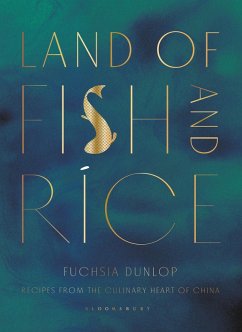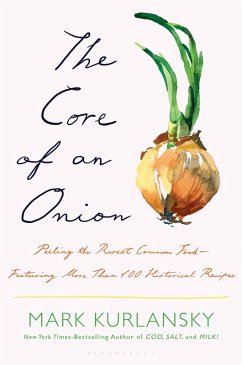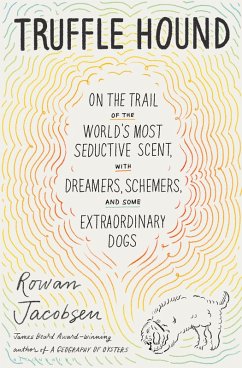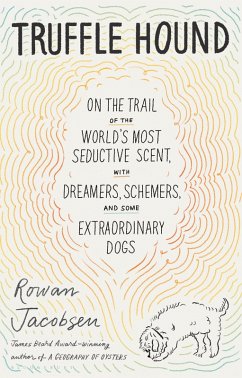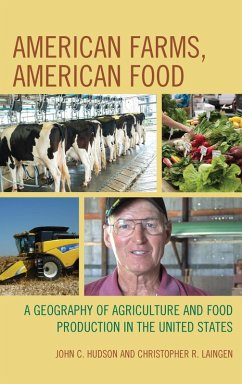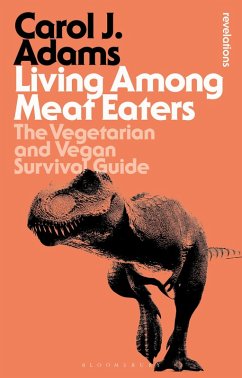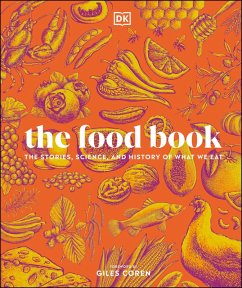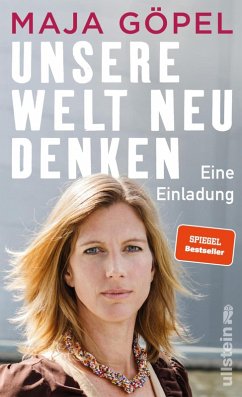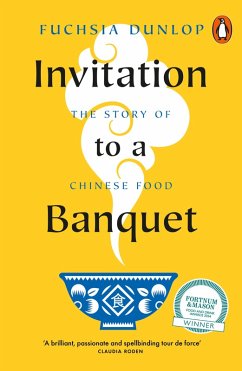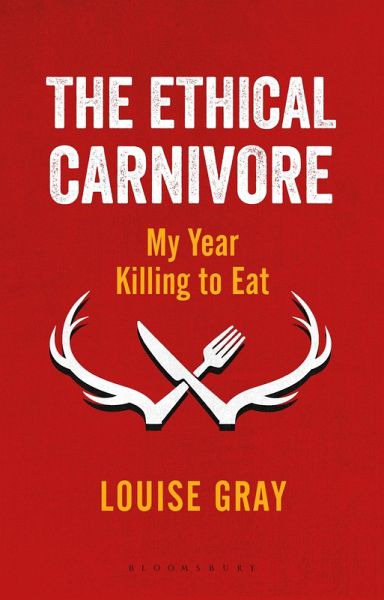
The Ethical Carnivore (eBook, ePUB)
My Year Killing to Eat
Versandkostenfrei!
Sofort per Download lieferbar
12,95 €
inkl. MwSt.
Weitere Ausgaben:

PAYBACK Punkte
6 °P sammeln!
WINNER OF TWO 2017 GUILD OF FOOD WRITERS AWARDS: BEST FOOD BOOK AWARD AND THE CAMPAIGNING AND INVESTIGATIVE FOOD WORK AWARD SHORTLISTED FOR THE 2017 FORTNUM & MASON FOOD BOOK OF THE YEAR A BBC RADIO 4 FOOD PROGRAMME BOOK OF THE YEAR 2016 A GUARDIAN BOOK OF THE YEAR 2016 We should all know exactly where our meat comes from. But what if you took this modern-day maxim to its logical conclusion and only ate animals you killed yourself? Louise Gray decides to be an ethical carnivore and learn to stalk, shoot and fish. Starting small, Louise shucks oysters and catches a trout. As she begins to recon...
WINNER OF TWO 2017 GUILD OF FOOD WRITERS AWARDS: BEST FOOD BOOK AWARD AND THE CAMPAIGNING AND INVESTIGATIVE FOOD WORK AWARD SHORTLISTED FOR THE 2017 FORTNUM & MASON FOOD BOOK OF THE YEAR A BBC RADIO 4 FOOD PROGRAMME BOOK OF THE YEAR 2016 A GUARDIAN BOOK OF THE YEAR 2016 We should all know exactly where our meat comes from. But what if you took this modern-day maxim to its logical conclusion and only ate animals you killed yourself? Louise Gray decides to be an ethical carnivore and learn to stalk, shoot and fish. Starting small, Louise shucks oysters and catches a trout. As she begins to reconnect with nature, she befriends countrymen and women who can teach her to shoot pigeons, rabbits and red deer. Louise begins to look into how meat is processed, including the beef in our burgers, cheap chicken, supermarket bacon and farmed fish. She investigates halal slaughter and visits abattoirs to ask whether new technology can make eating meat more humane. Delving into alternative food cultures, Louise finds herself sourcing roadkill and cooking a squirrel stir-fry, and she explores eating other sources of protein like in vitro meat, insects and plant-based options. With the global demand for meat growing, Louise argues that eating less meat should be an essential part of fighting climate change for all of us. Her writing on nature, food and the environment is full of humour, while never shying from the hard facts. Louise gets to the heart of modern anxieties about where our meat comes from, asking an important question for our time - is it possible to be an ethical carnivore?




